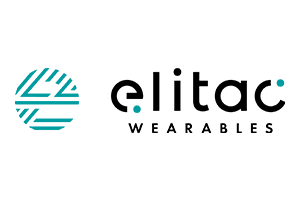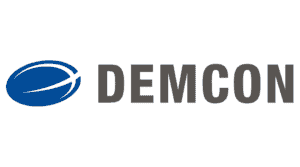TREAT

What is TREAT?


This project is funded by ITEA.
The TREAT consortium is large and consists of partners from all over the world, such as Canada, Spain, Belgium, Türkiye, Portugal, and the Netherlands. Our lead consortium member, My Viva Inc. from Canada, has developed an evidence-based, clinically validated digital solution that helps individuals take control of their chronic health conditions. The Dutch team members concentrate on what we call the ‘Dutch use case’: encouraging physical activity and exercise among people with arthritis for improved health using innovative technologies. Elitac Wearables is dedicated to develop a smart wearable device that monitors vital health indicators such as electrocardiogram (ECG), heart rate, physical activity levels, breathing patterns, and more, while ensuring the optimal functionality of the system.
Interested? Contact us to find out more
Why TREAT?
Today’s healthcare systems are not really made for patients control their own long-lasting health issues. Patients face a complex mix of advice from various medical experts, plus advice and recommendations from other sources. The TREAT solution will make things better by helping patients feel more capable of managing their health, using clear communication (semantic interoperability), artificial intelligence (A.I.), and advanced user interfaces. Each partner involved will leverage TREAT to offer solutions for exploiting the healthcare organizations, payers, patient, and telemedicine markets.
TREAT project goals
Dutch consortium partners

Our role will be to ensure the product, consisting of electronics and a textile wearer, is designed fit for purpose. Next to this we will help with setting up the use case, scope and requirements of the project. During the project we will develop prototypes for validation and iterate based on findings, optimising the product during development.
We will make sure electronics and textiles are integrated in such a way; that they are fit for purpose, easy to use and reliable.

Almende will develop a digital solution to promote the mental health and facilitate behavior activation of clients in the Dutch use case. The platform will additionally be able to collect health-relevant qualitative data through diaries, questionnaires and custom trackers.

In this project DEMCON will develop a wearable that can be placed on the upper back and integrates a GPS tracking sensor with a heart rate sensor. The system must enable continuous and real-time ECG measurements during physiotherapeutical rehabilitation. The goal is to use at-home monitoring combined with (digital) interventions to stimulate the user to main, or return to, a healthy activity level. The main innovation lies in the development of multiple algorithms to detect, filter and interpret ECG for respiration, heart rate and abnormalities.

Through advanced AI, specialized health support will be delivered increasingly outside of care locations. TU Eindhoven is an expert in the user-centered development of AI-powered prediction and scheduling tools that enable more efficient use of scarce resources and time within the healthcare system. Our main contribution in this project is the design and development of remote mHealth support for both patients and (physiotherapist) healthcare professionals, using self-learning, personalized digital coaching which can also be adjusted by human experts, as well as applied face-to-face. Remote mHealth support is essential to control costs and personnel, while also anticipating future social distancing or lockdowns.

Roessingh Research an Development (RRD) will be involved in the continuous engagement of the target group (both patients and health-care professionals) to ensure a participatory approach of the project. Through this approach, the needs, preferences and values of the end users will be elicited. This approach will also focus on the identification of relevant parameters for the coaching program. The ultimate goal of these investigations is to facilitate patient empowerment, motivation and self-efficacy. In addition, the participatory approach will be used during the iterative design process to steer feasible design solutions.

In this project, Maastricht University, together with the Beweeghuis, will act as the Dutch use case provider. We will add functionalities to the modular measurement and data management platform to monitor heart rate and breathing rate and study the (cost-)effectiveness of the developed solution.

KnowL Solutions is a semantic interoperability expert company, they will act as the integrator of all components. They have deep knowledge of how they can “transform” various data sources (like sensors, etc), into a clinical workflow and process.

Current status
The TREAT project started in January 2024. Currently, we are starting up the feasibility phase of the project. RRD will set up focus groups with users for in-depth interviews to gather their insights. This will provide us with input on the user requirements. Based on those requirements we can start designing the Smart Wearable.
Contact us
If you have any questions about the TREAT project or are interested in partnering with Elitac Wearables for your own project, please leave your details in the form and we will be in touch as soon as possible.

